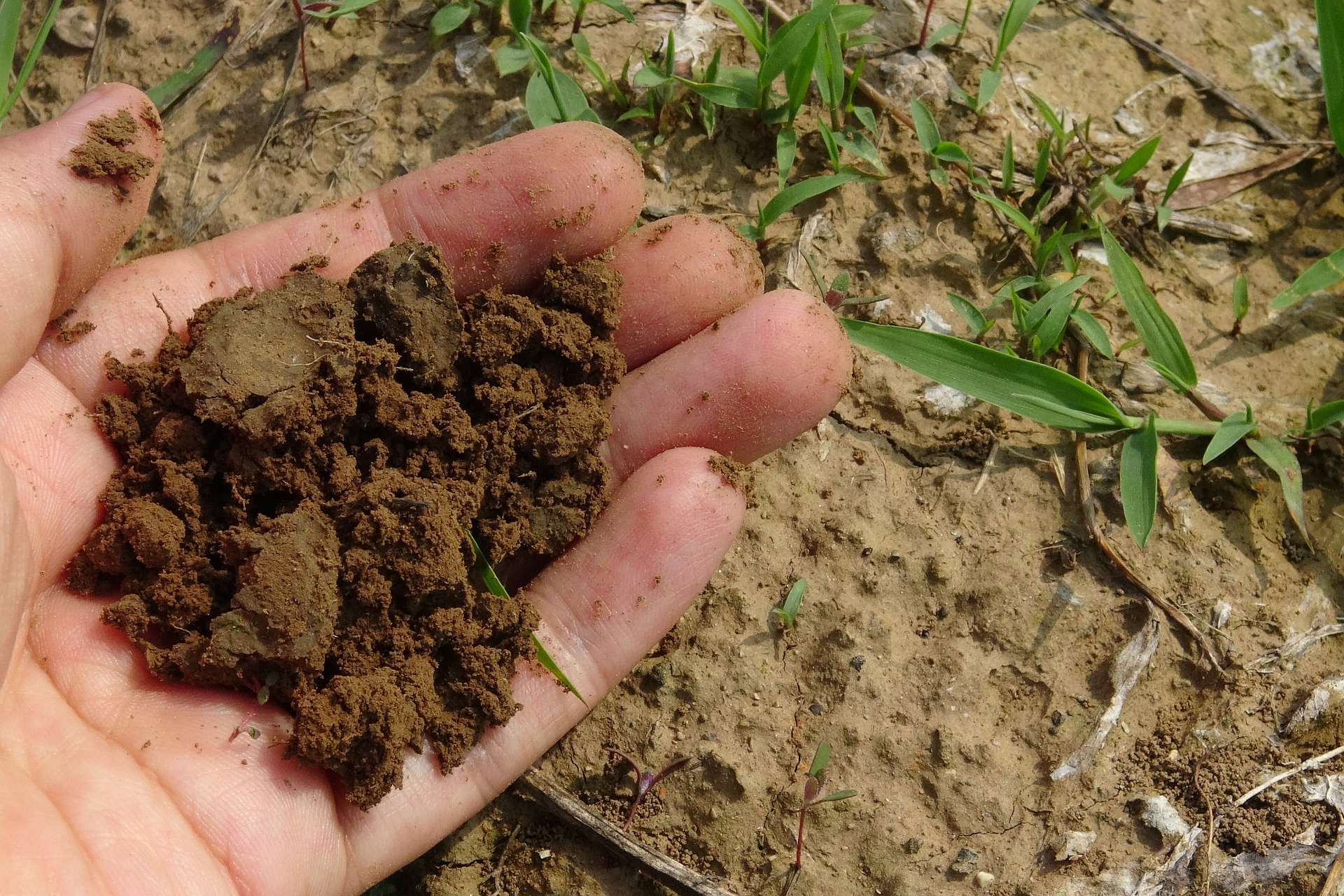Can Organic Soil Help Mitigate Climate Change?
Author: Ana-Christina Gaeta | Published: May 2018
A study published in the journal Advances in Agronomy released findings about the powerful role that organic soil may play in combating climate change.
A collaboration between the National Soil Project at Northeastern University and The Organic Center sought out to compare the carbon sequestering potential of both organic and conventional farming. The study engaged more than 1,000 farmers from across the United States. Organic farmers provided 659 organic soil samples from 39 different states. Conventional farmers provided 728 conventional soil samples from 48 states for testing. The team measured the humic substance of the samples, which is essentially a mixture of naturally occurring decaying organic matter which nurtures the soil. Humic substances are made up of fulvic and humic acids. According to Jessica Shade, Director of Science Programs of The Organic Center, the study “looked at humic substances, which are one of the best measures of long-term carbon sequestration in the soils because they resist degradation and can remain in the soil for hundreds and sometimes thousands of years.”

